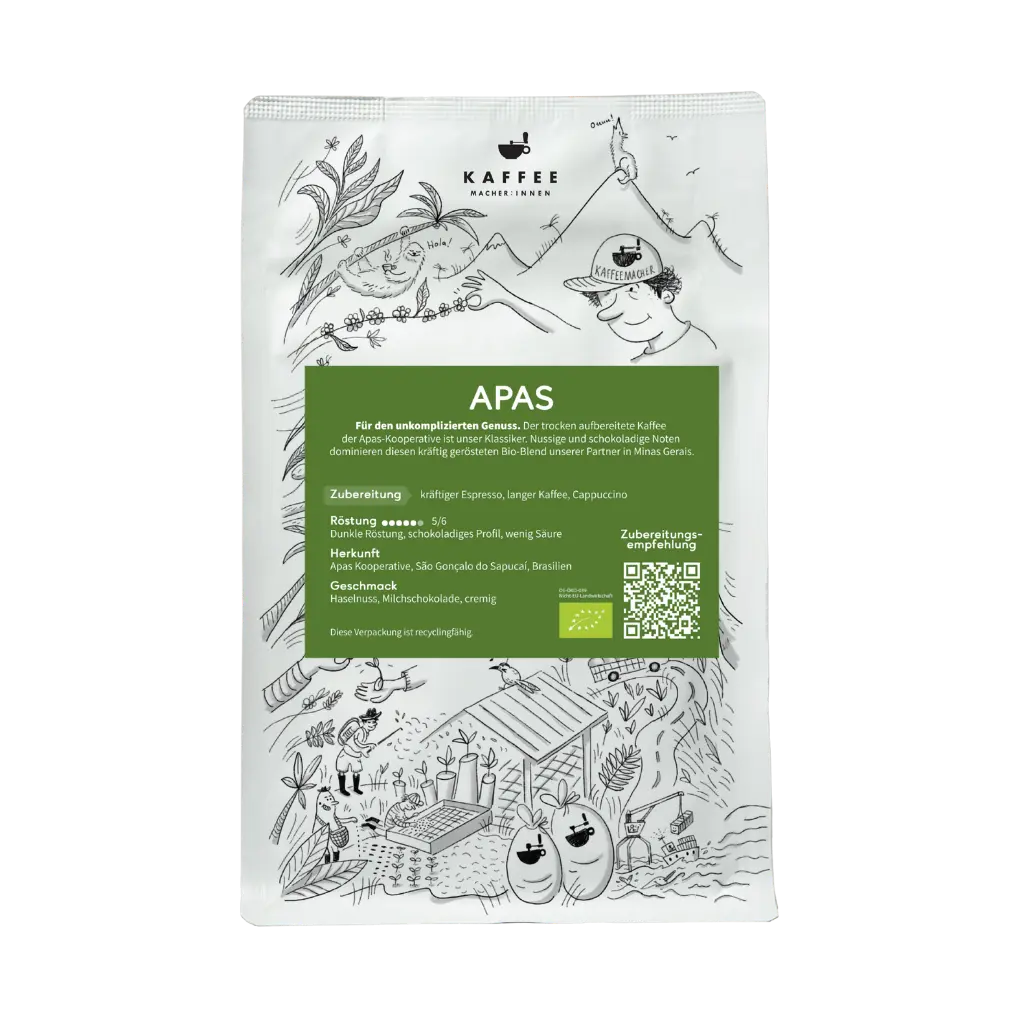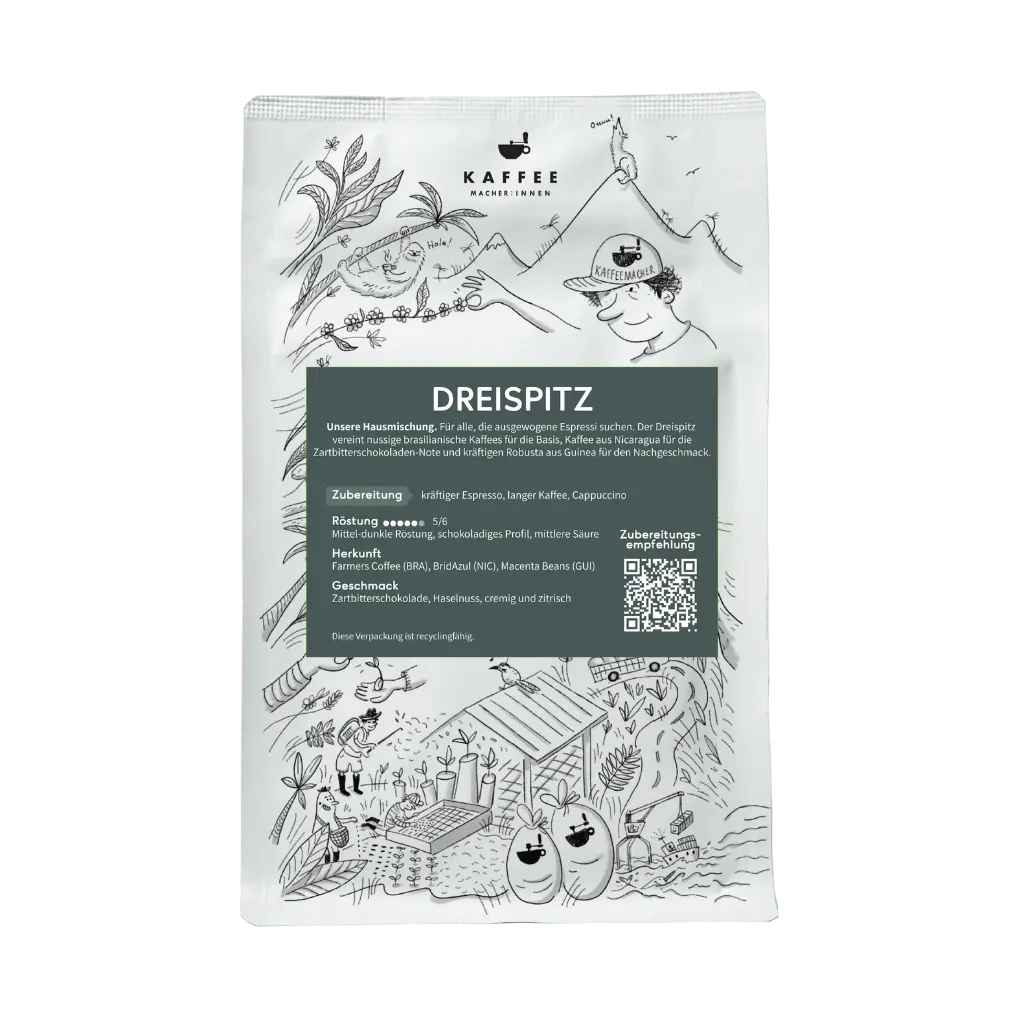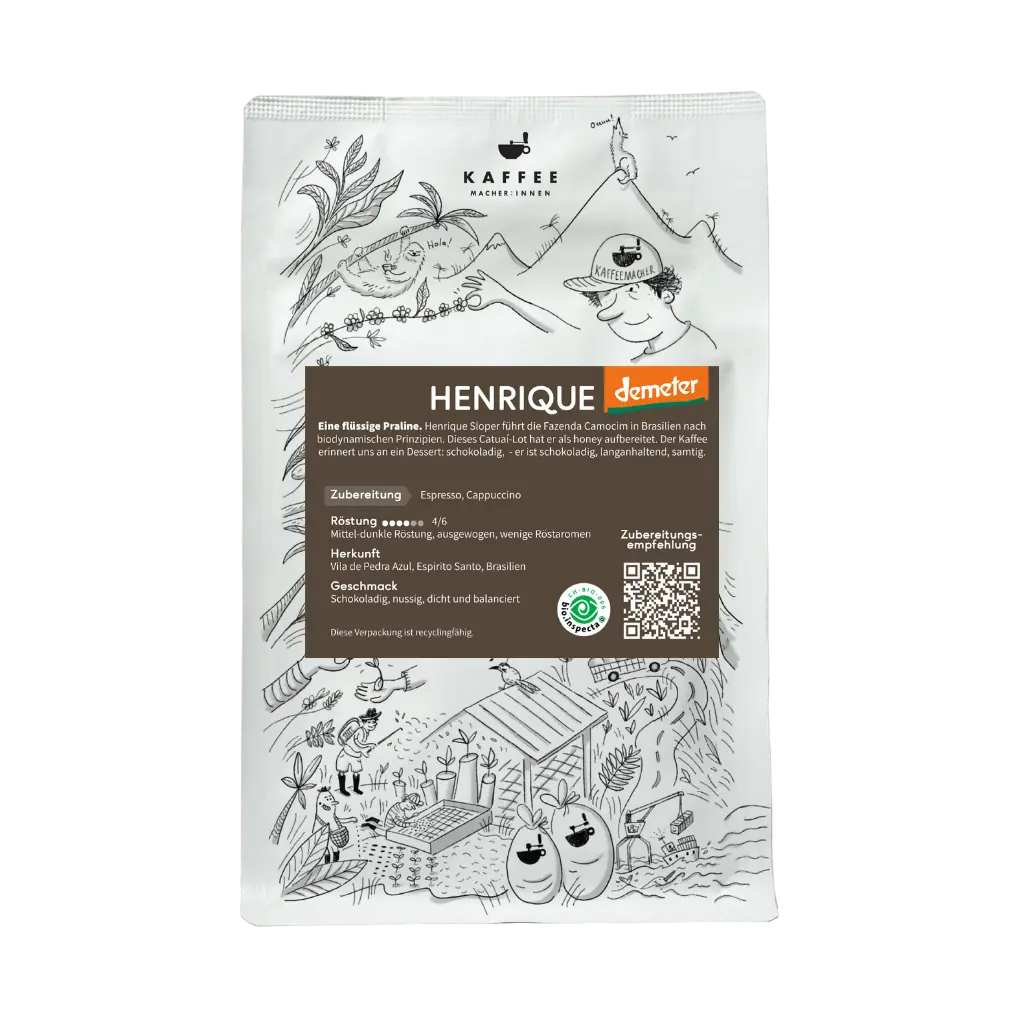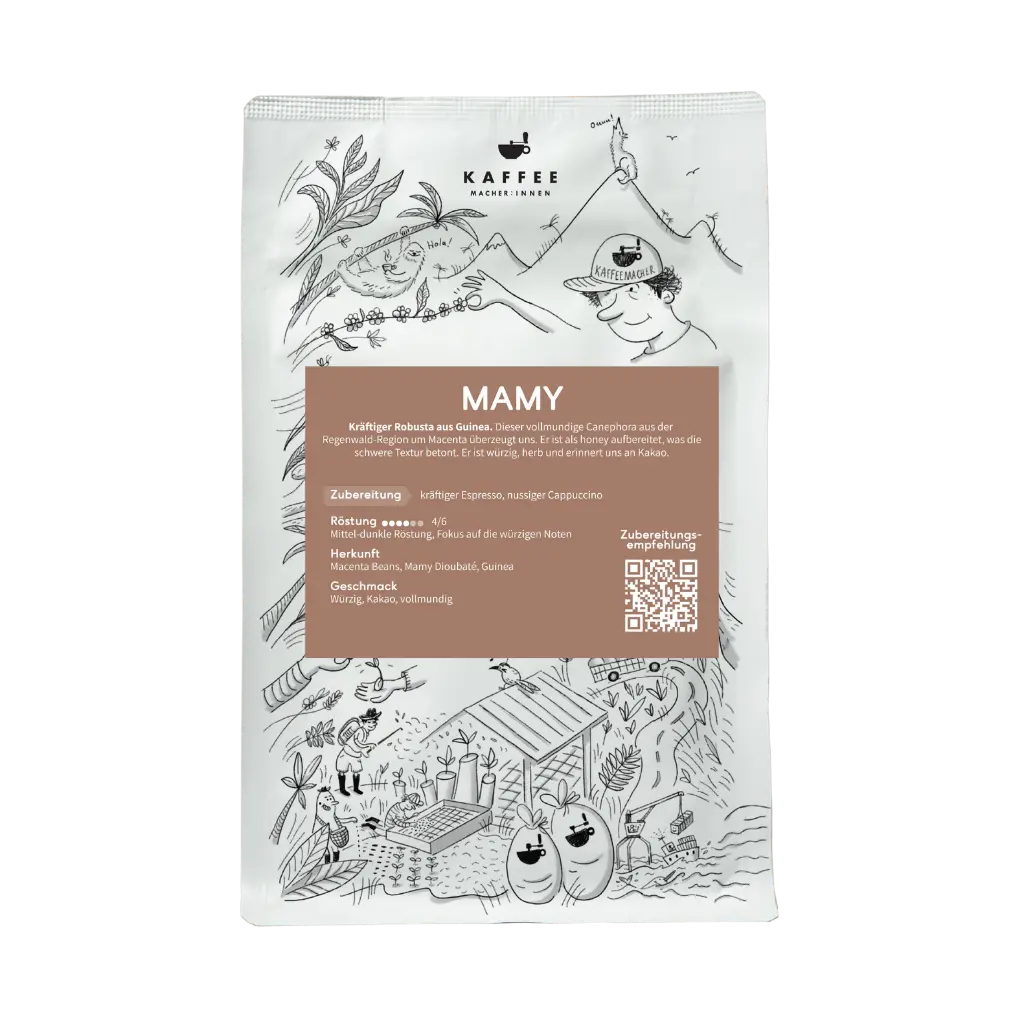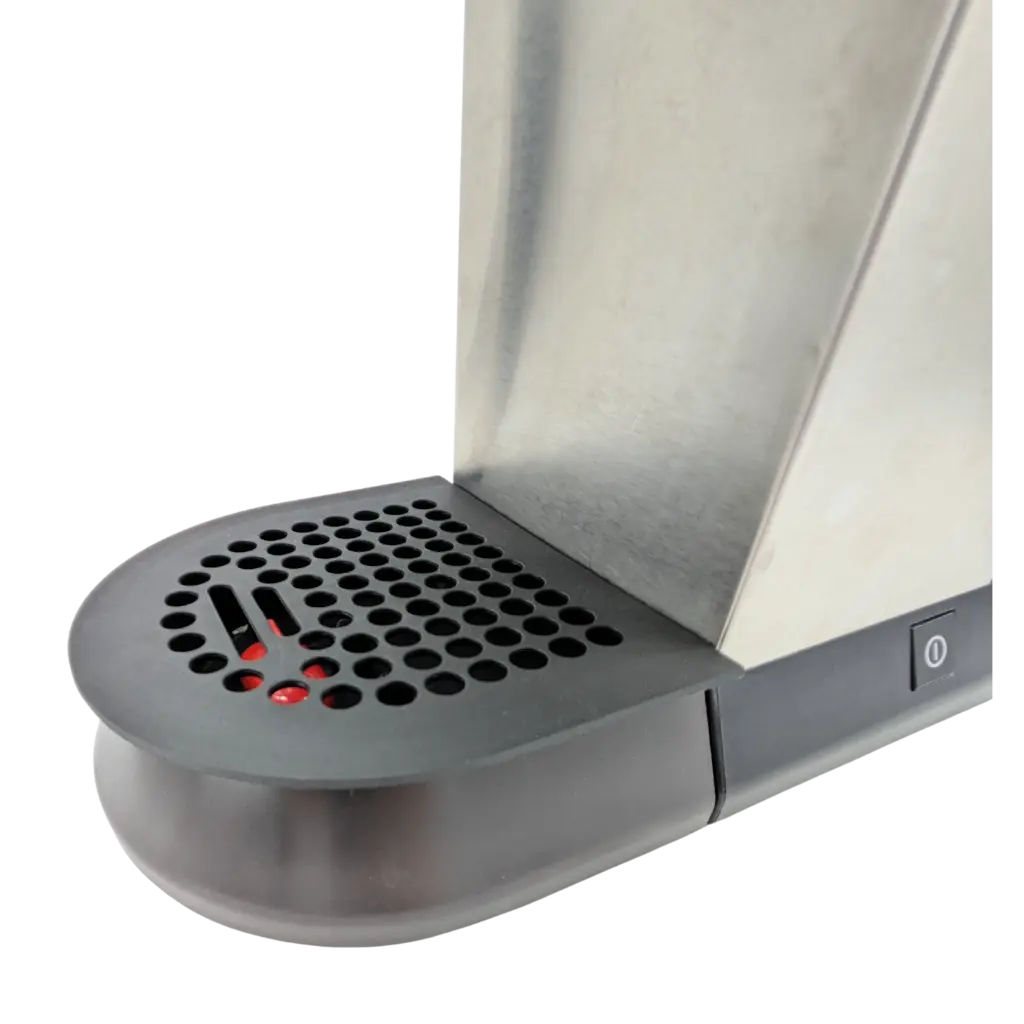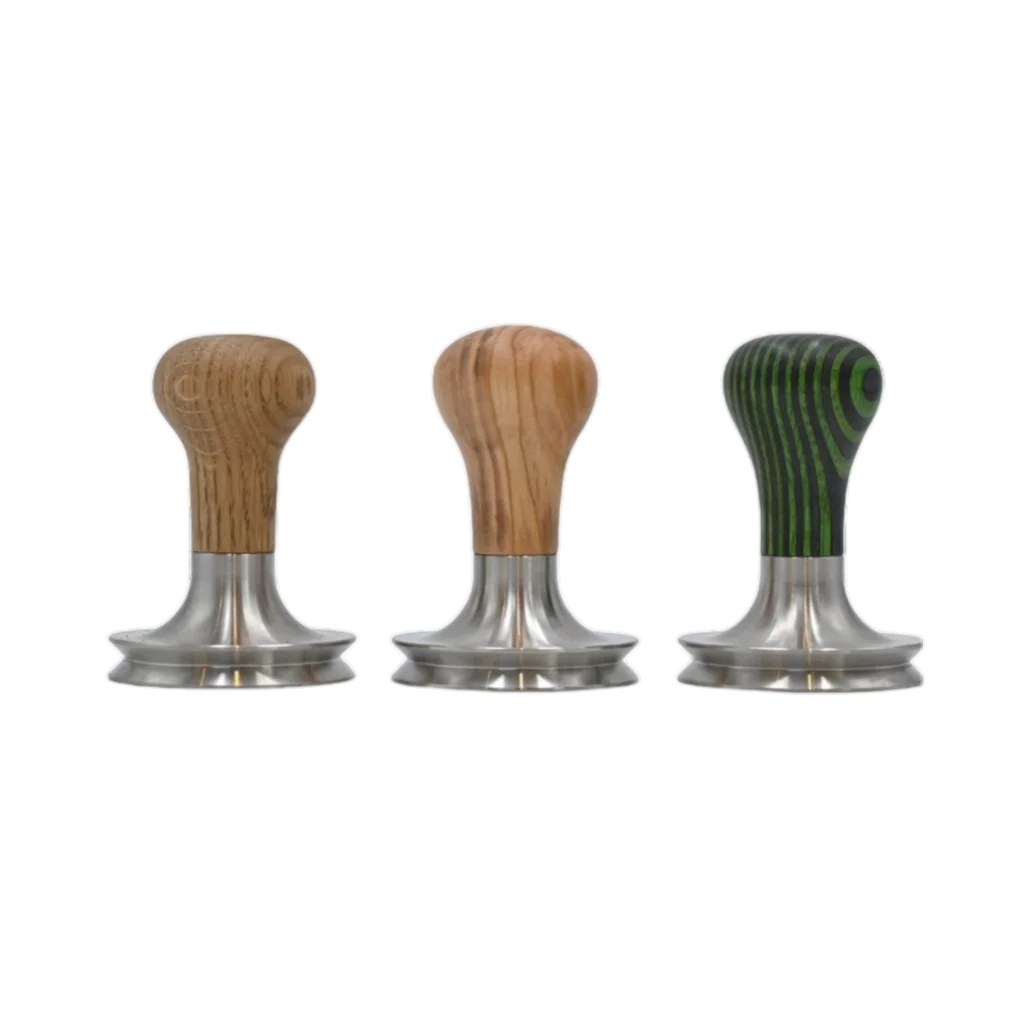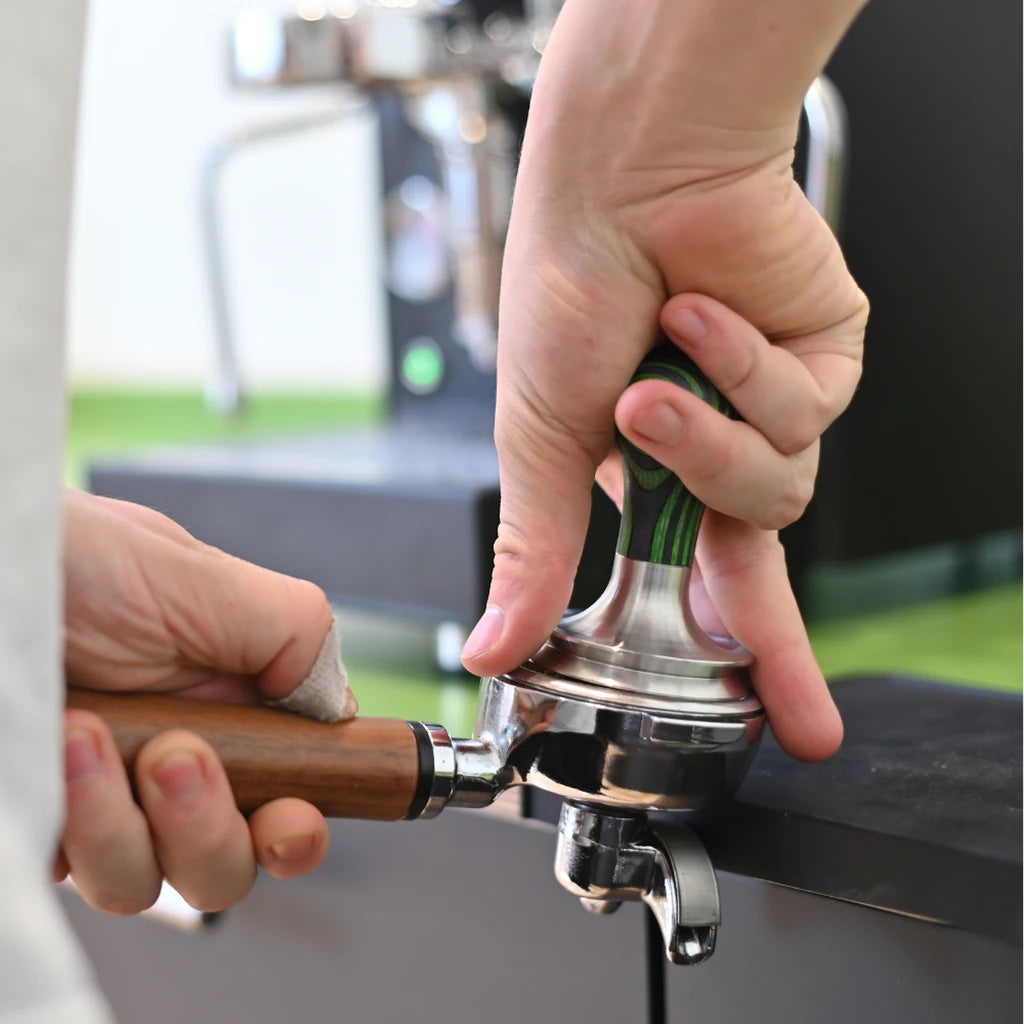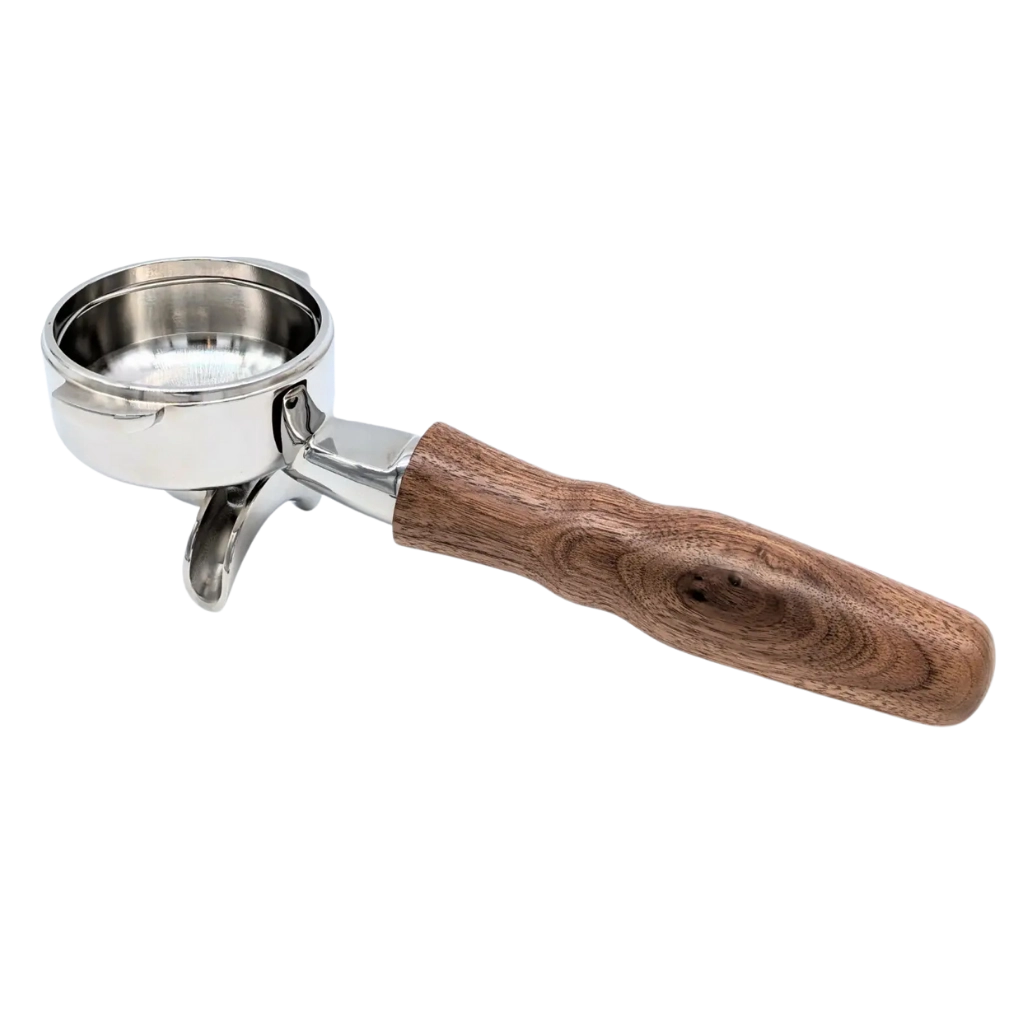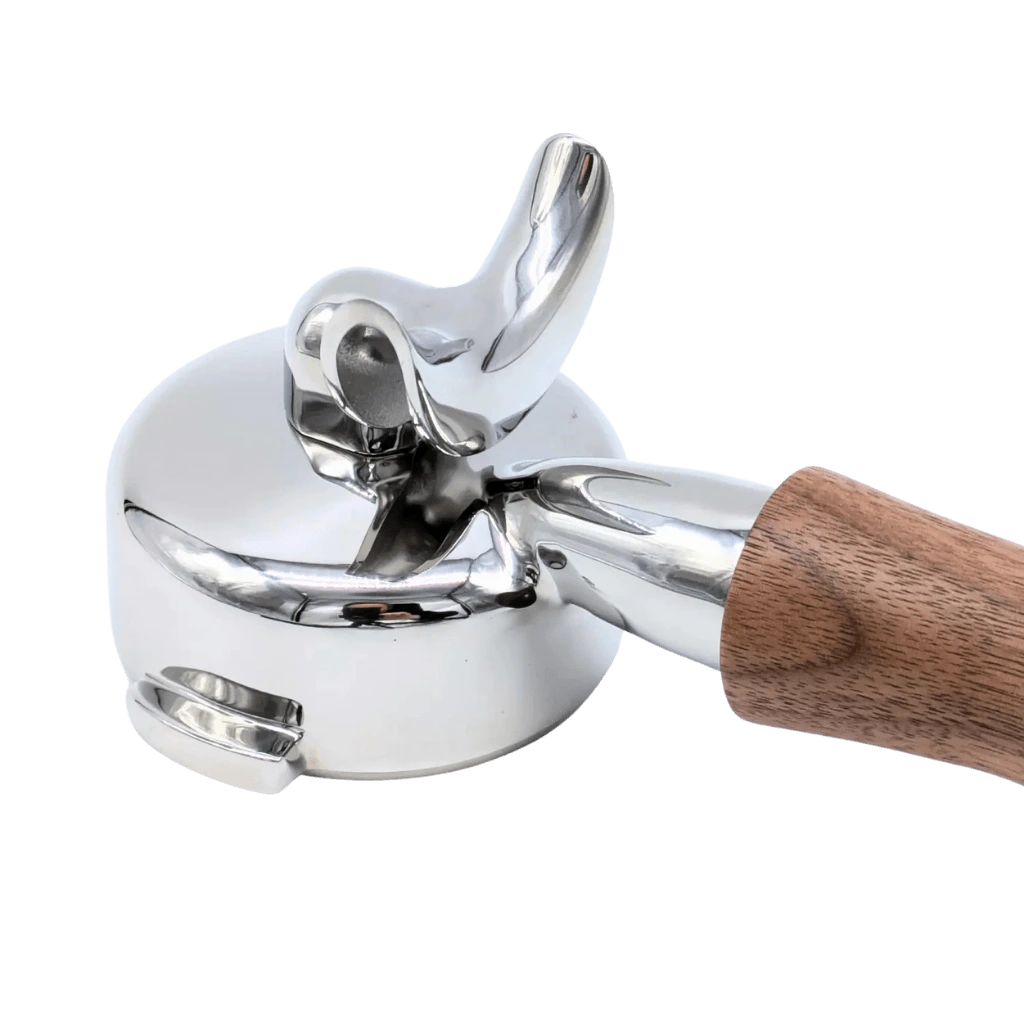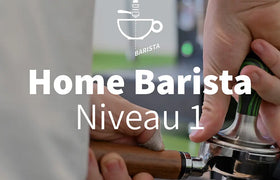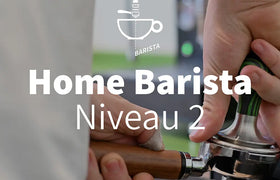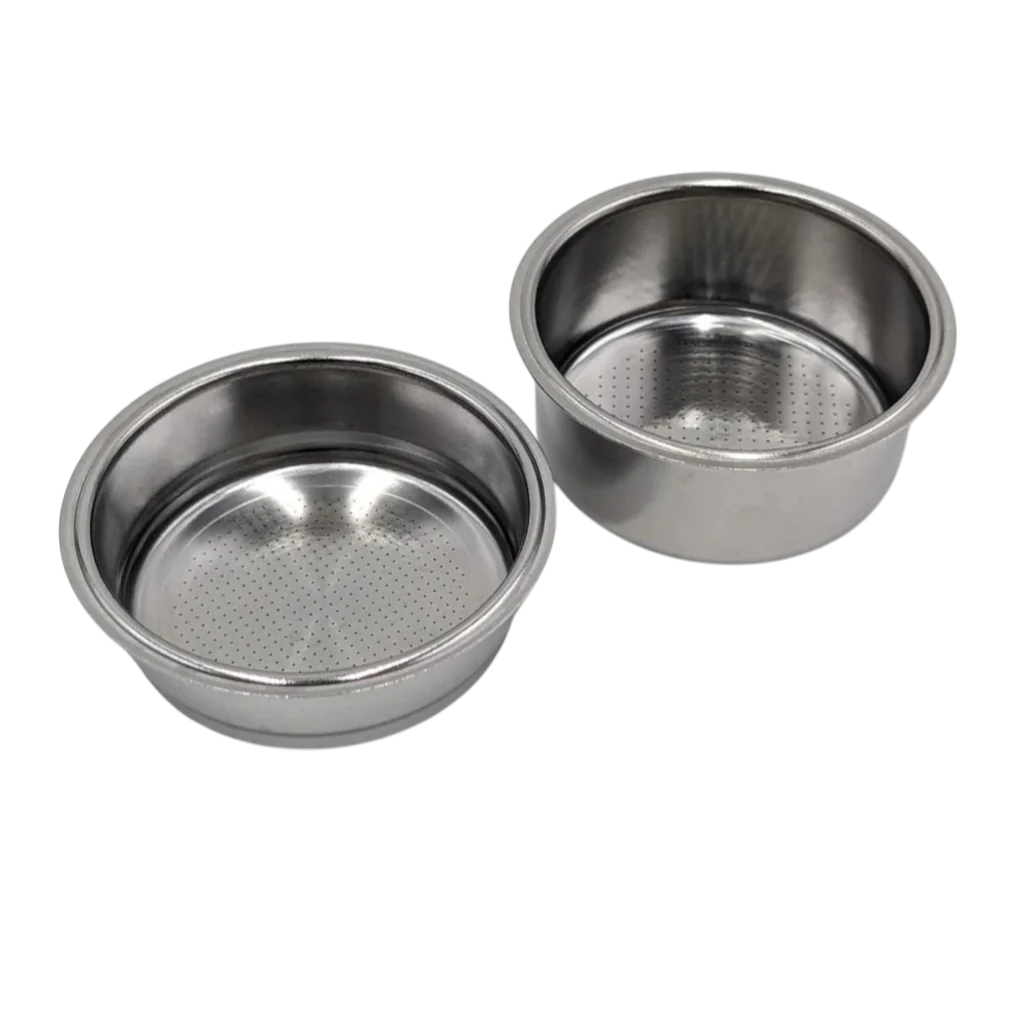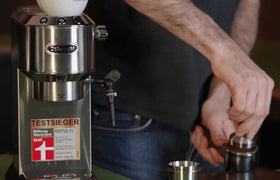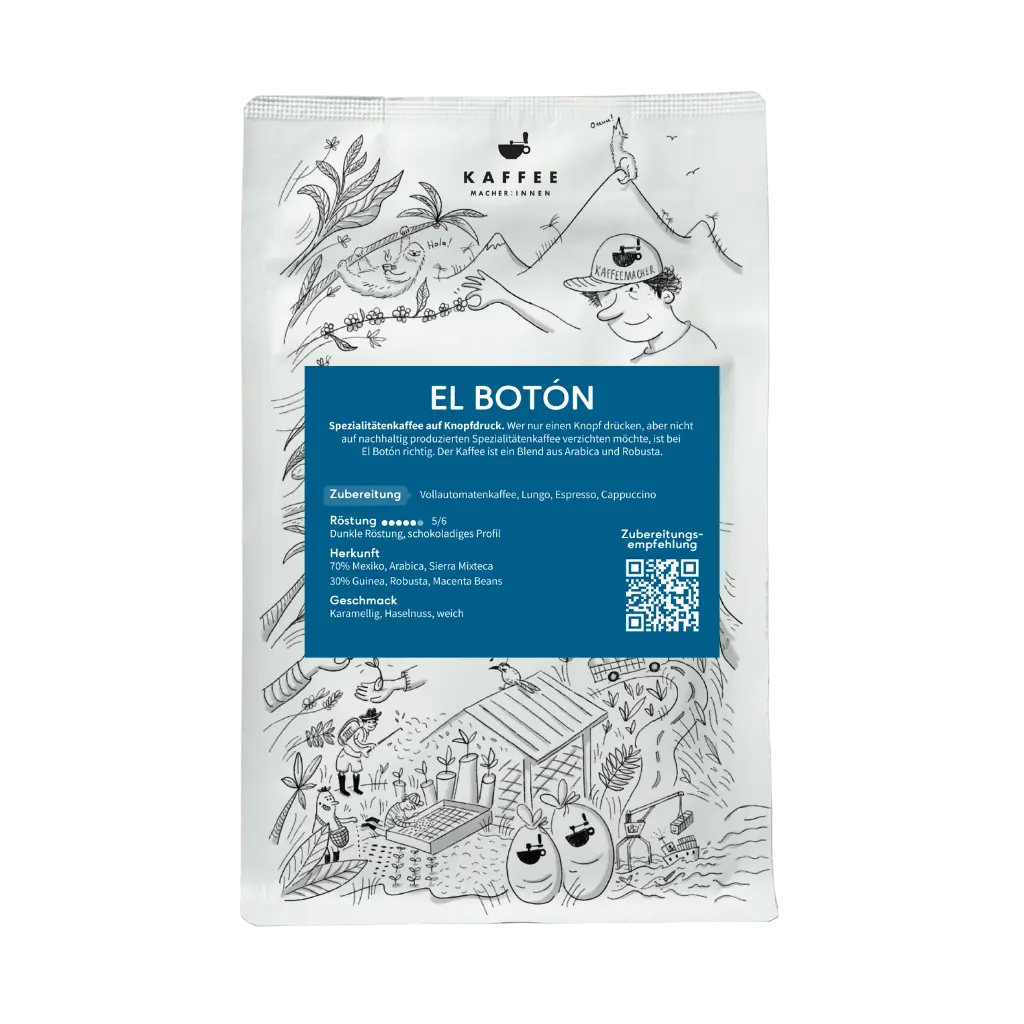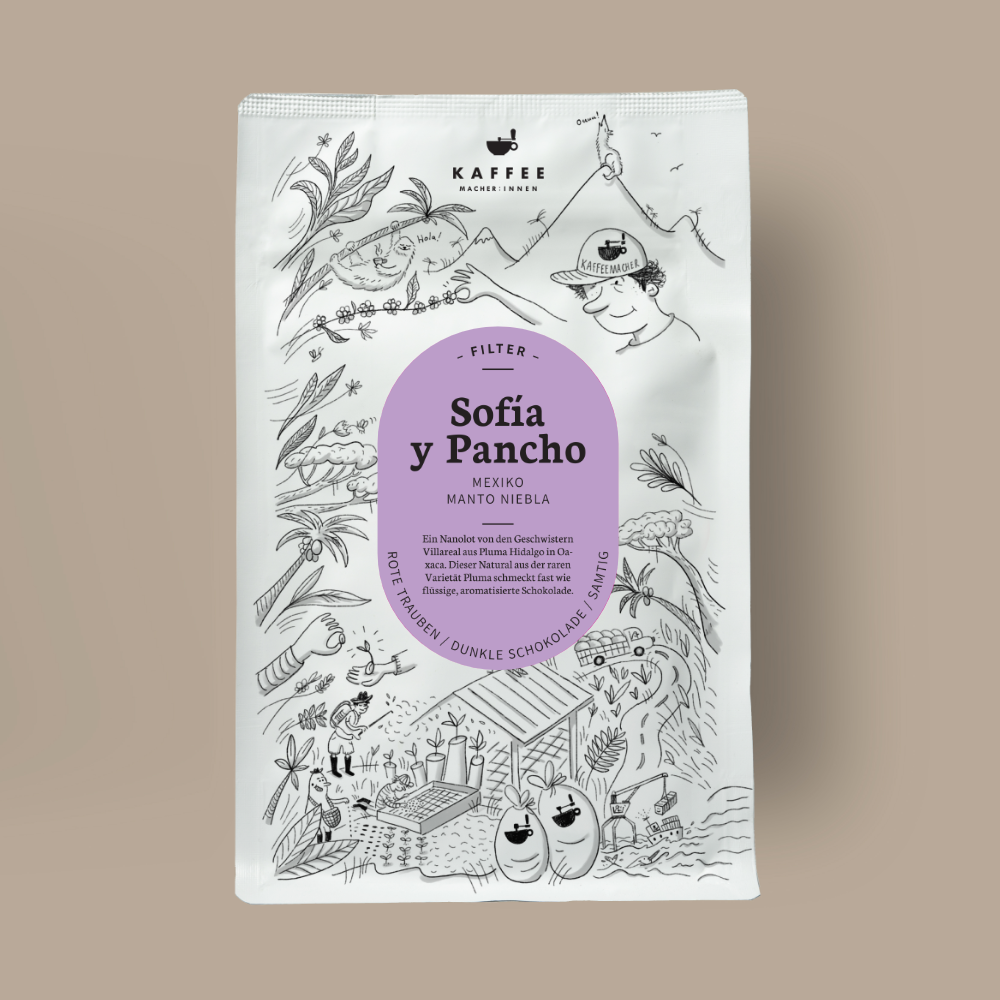
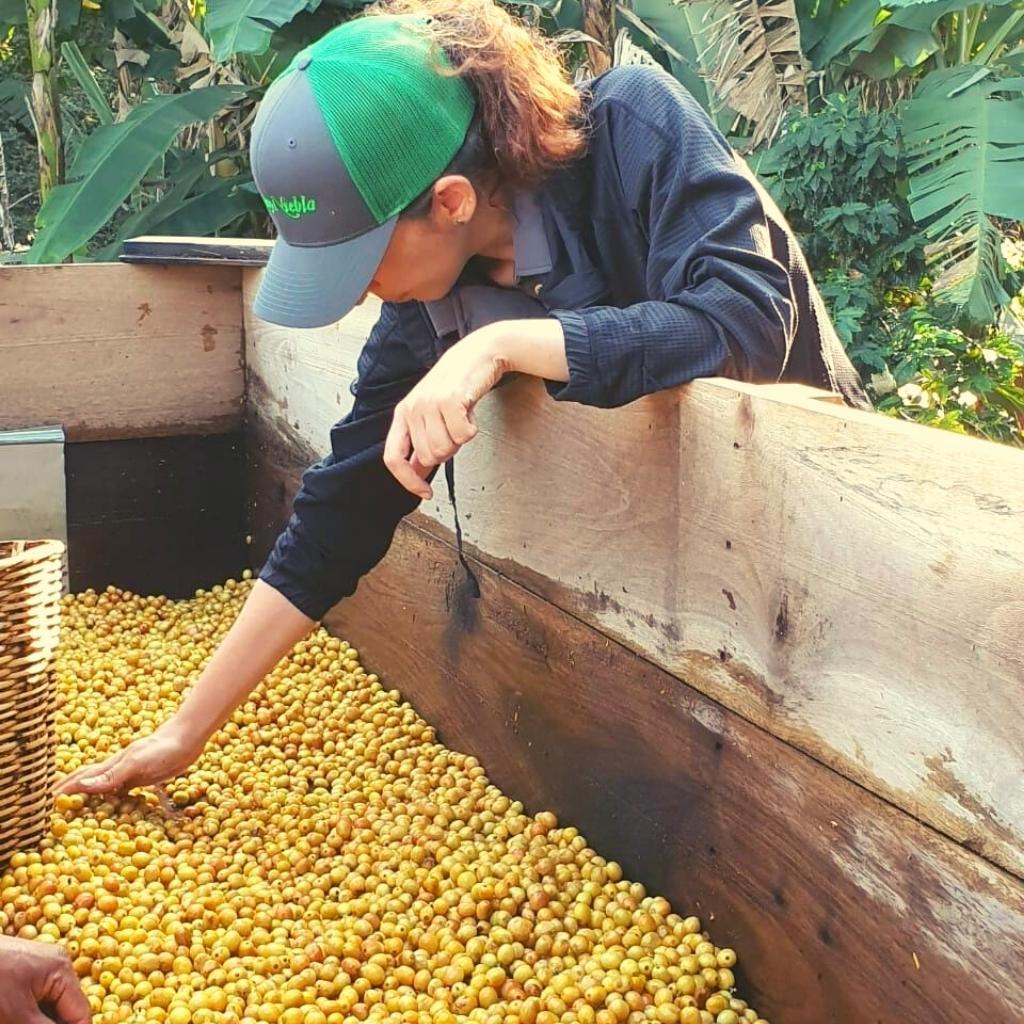
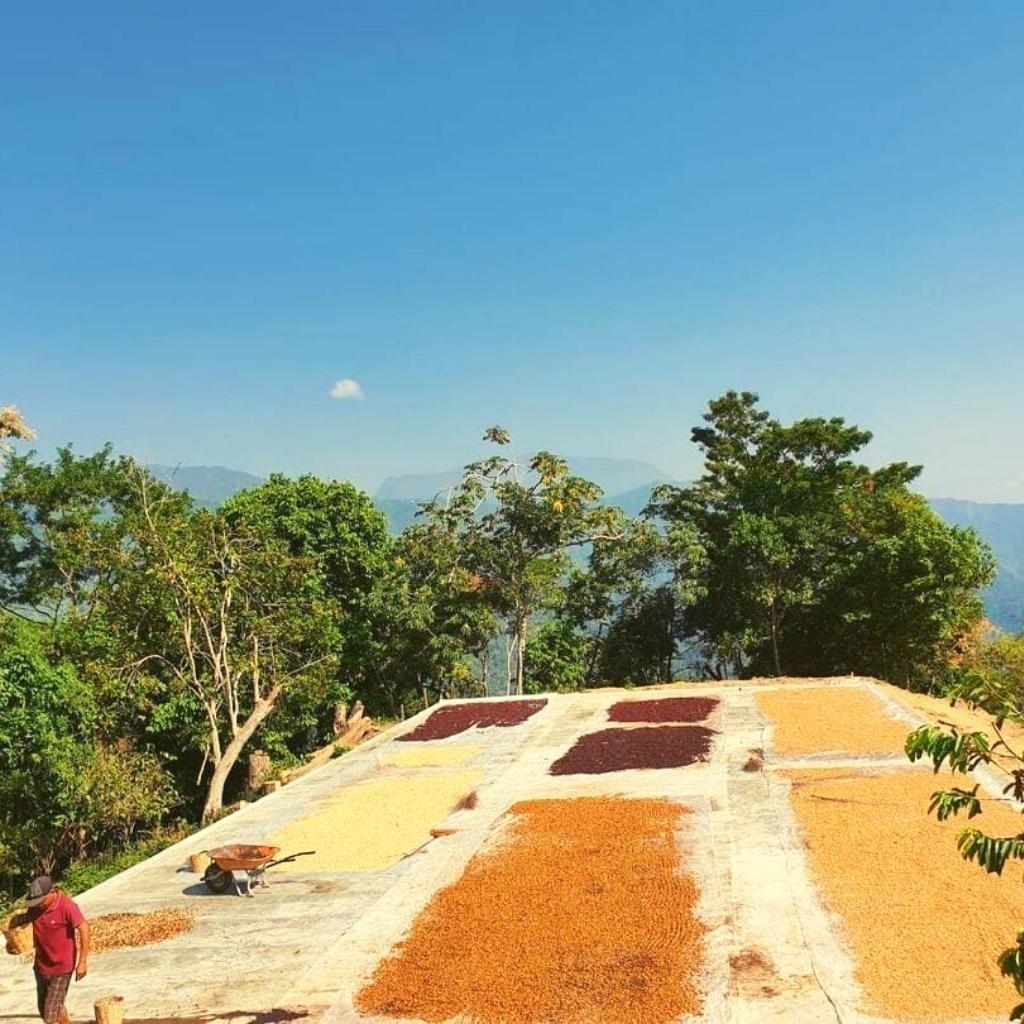
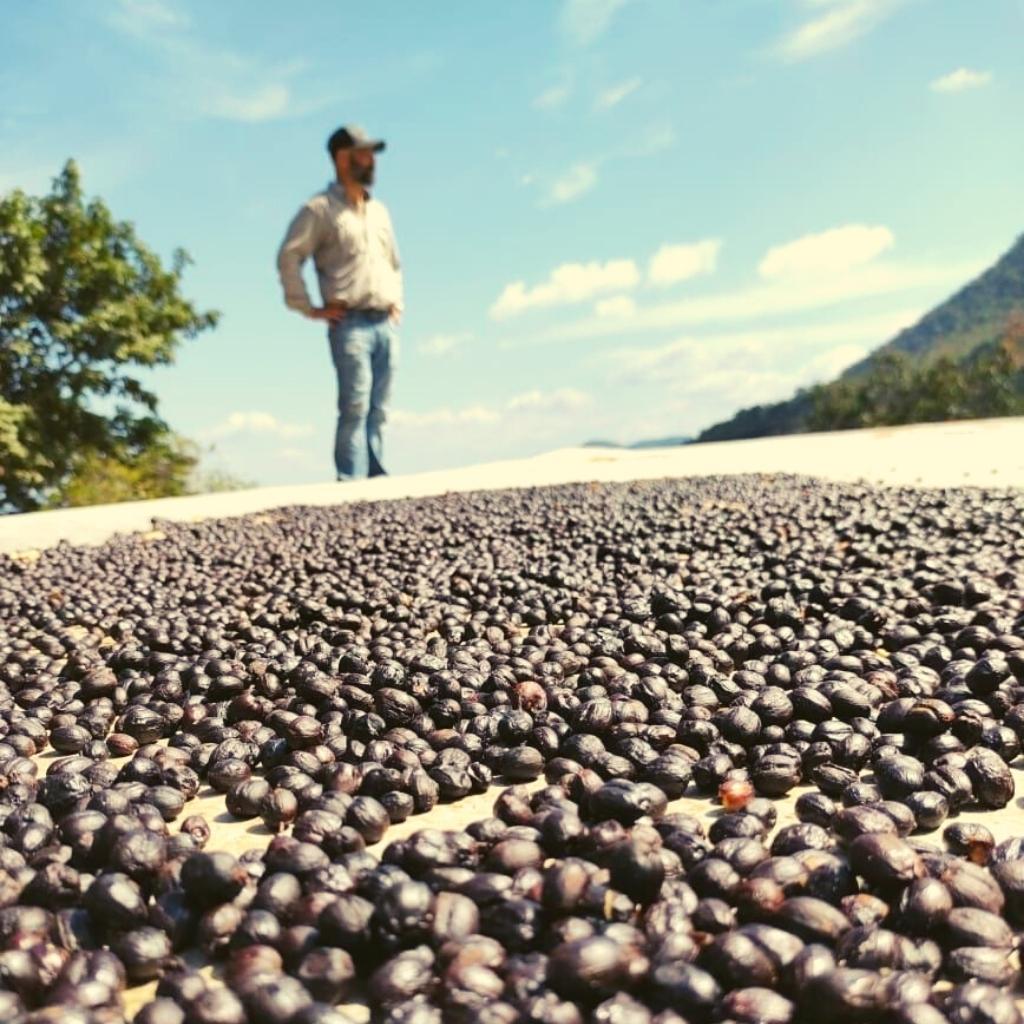
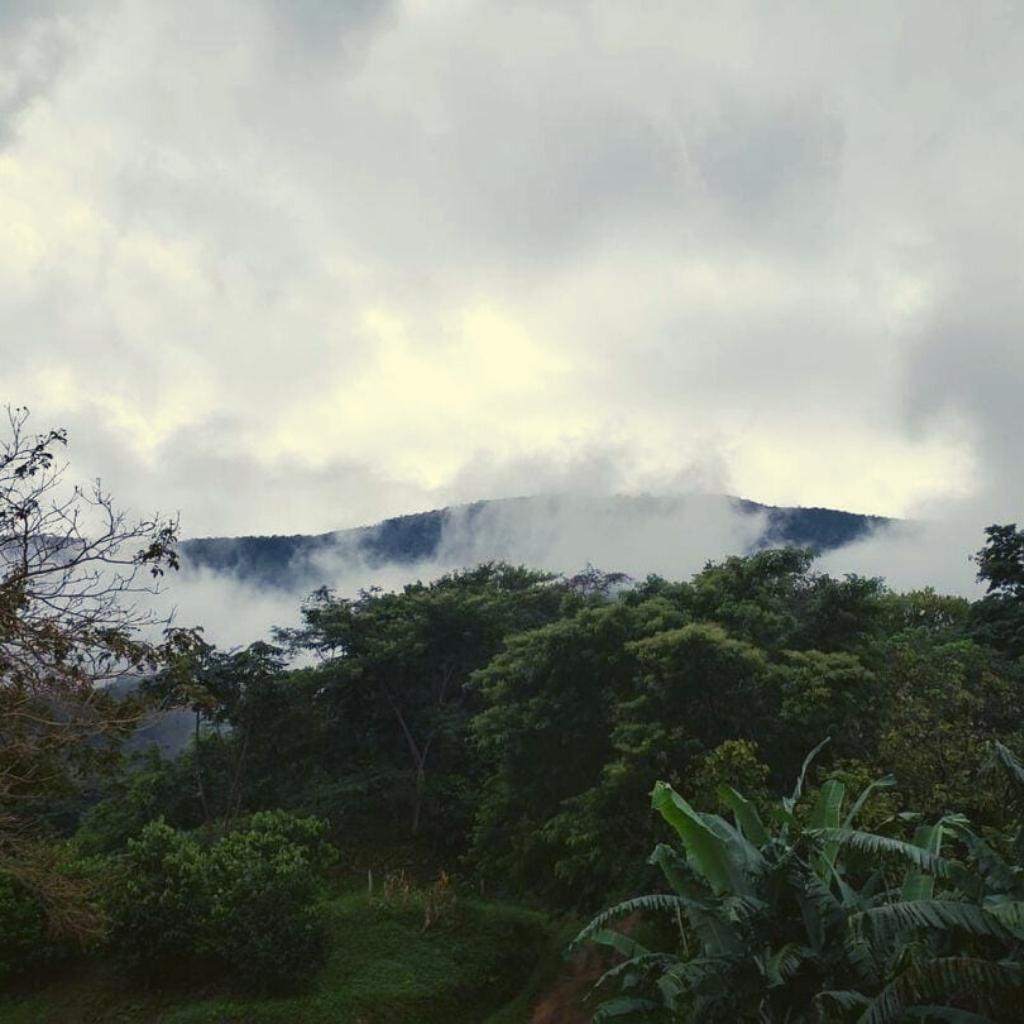
Sofía y Pancho, Mexico, filter coffee
Sofía y Pancho - filter coffee from Mexico
Unfortunately, this coffee has been consumed, but we plan to have it back with the next harvest.
A rare coffee of the Pluma variety from the town of the same name, Pluma Hidalgo, in southwestern Mexico. Rosé-like notes meet a deep nutty base and are structured by a delicate acidity. A nano-story from a mountain nest in Mexico reaches your home and our fascination with coffee is further nourished.
Sofía y Pancho Coffee Info
Roasted for: all common filter methods
Origin: Mexico, Oaxaca, Sierra Madre del Sur, Pluma Hidalgo
Producers: Manto Niebla, Sofía and Pancho Villareal
Varieties: Pluma
Post-harvest process: Natural
Tell me more about Sofía and Pancho
In the summer of 2020, we came across their work via an Instagram story that was shared twice. Sofia is a trained pediatrician, Pancho is an agronomist. In 2015, they bought a finca in the historic town of Pluma Hidalgo in the south of Oaxaca. In 2020, just at the time of our internet acquaintance, they were able to for the first time. We received samples, gave feedback, were in dialogue and a year later the second harvest followed – and we liked it so much that we bought two mini-lots. This year they made a natural for us, which they harvested, fermented and dried with great care. With the help of our partners at Ensambles, Sofia and Pancho were able to bring their coffee to us.
Why does coffee taste the way it does?
It tastes unusually usual. The taste is familiar, and yet not - the Pluma variety has a deep, nutty, distinct nougat characteristic. The coffee is unusual because a delicate, slightly juicy acidity structures the coffee. Fermentation in tanks, without air, added ripe grape notes, which, in combination with the acidity, remind us of a rosé wine. The combination of hazelnut notes and a delicate acidity is unusual - one often comes without the other.
Why did we buy this coffee?
Because we like the unusual combination of flavors, because we are impressed by Sofía and Pancho's passion project, and because the coffees from Pluma Hidalgo have a turbulent history. Today there are only 20 villages that are allowed to call their coffee "Pluma de Hidalgo"; it is a protected variety that is now considered autochthonous.
How do we roast this coffee?
With a total roasting time of 9 minutes and a development time of 40 seconds - which is relatively short, but we increased the final temperature of the coffee by 2° to accentuate the more chocolaty notes. We roast this coffee with steadily decreasing gas settings and let it really go wild for the first crack - when the roaster door is opened, the coffee jumps into the sieve with a cracking sound and cools down there.
Brewing recommendation from David: coming soon

Guaranteed origin
We know exactly where our coffee comes from and when and where it was roasted.
Free shipping in Germany from 75€
Personal advice
We are here to help you with any questions or problems.
Fast shipping
Delivery from Germany or Switzerland



